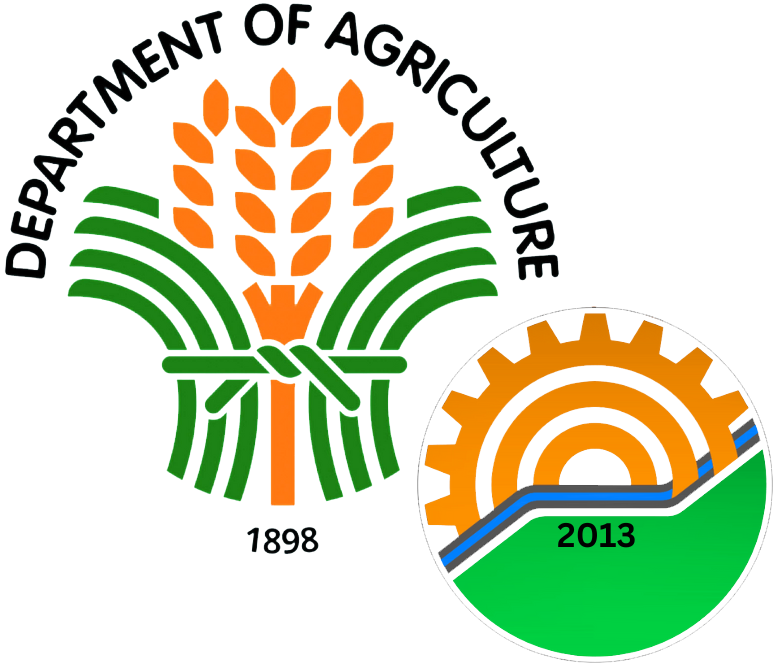The Department of Agriculture – Bureau of Agricultural and Fisheries Engineering (DA-BAFE) conducted the three-day BAFE Regulatory Services Performance Review cum Retooling of Regulators Workshop at the West Avenue Suites, West Avenue, Quezon City from November 22 to 24, 2022. Agricultural and Biosystems Engineers from the Regional Agricultural Engineering Divisions (RAEDs) in DA-Regional Field Offices (RFOs) nationwide participated in the said activity.

In her welcome remarks, DA-BAFE Assistant Director Juana T. Tapel emphasized the need to measure the achievements as well as necessary steps to attain the objectives of the Standards Regulation and Enforcement Sections (SRES) of the RAEDs.
DA-BAFE and RAED-SRES will be transforming from mere accreditation and registration towards migrating to enforcement in 2023 because full regulations will be in place by 2024, said Asst. Dir. Tapel.

Asst. Dir. Tapel tasked the workshop participants to assess the effectiveness of performance of various activities for enforcement guidelines in placed like Certificate of Conformity (CC), Permit to Operate (PTO), and Certified Test Engineers (CTEs).
As practiced in DA-BAFE, she underscored the need for RAED-SRES to establish the performance matrix that includes the parameters and standards as to the number of guidelines and duration of crafting the guidelines.
On the side of retooling, she urged participants to identify the needed tools like matrix, checklist, score sheet, and guidelines that would serve as bases for performance evaluation.
Asst. Dir. Tapel is looking forward that the workshop participants would proactively identify capacity-building activities or training that are important in dispensing their jobs on the next phase of enforcement. Enforcement is part of the BAFE-SRED and RAED-SRES function. She expressed appreciation to Standards Regulation and Enforcement Division (SRED) for organizing the three-day workshop and likewise advised the participants to capacitate themselves, be competent and confident in working hand in hand towards the mechanization of the agriculture sector.
The Devolution Transition Plan was presented by Engr. Mary Ann Evasco which highlighted the delineation of functions among DA-BAFE, RAEDs, and ABEs in the local government units. One of the challenges is to identify BAFE’s and RAEDs’ support in terms of capacity building that could be provided to the counterparts in LGUs amid changes in local chief executives.
Salient features of the ARTA-DTI-DILG-DICT Joint Memorandum Circular 2021-01 were presented by resource speakers Mr. Paul Erwen Parreno and Ms. Lizamyl Buquid of the Anti-Red Tape Authority (ARTA). Part of the discussion was on how to incorporate the requirement of securing PTO in the issuance and renewal of Business Permits of MFADDIEs.
Classification of Machinery Used in Agriculture was presented by Engr. Jeseca Mae Abina. There were also discussions on the National Agriculture and Fishery Machinery and Equipment Database (NAFMED) and ARREMIS 2.0
On the second day of the workshop, resource persons from ARTA Ms. Angelou Padilla, Mr. Anton Miguel Valde, and Ms. Cady Lee Perez lectured on Regulatory Management System, Regulatory Impact Assessment, and Reengineering Manual respectively. The discussions focused on process improvement.
Updates on the resolutions of issues and concerns regarding incorporation of acceptance testing and classification of machinery in the implementation of programs were also tackled.
Engr. Mary Joy Vergara presented the SRED Accomplishment Report for 2022. RAEDs from Region II, Region VIII and Region XIII shared their respective accomplishments as well.

After her closing remarks, BAFE-SRED Chief Engr. Janice Vargas awarded the Certificate of Appreciation to the workshop participants. ###Marshall Louie Asis
















